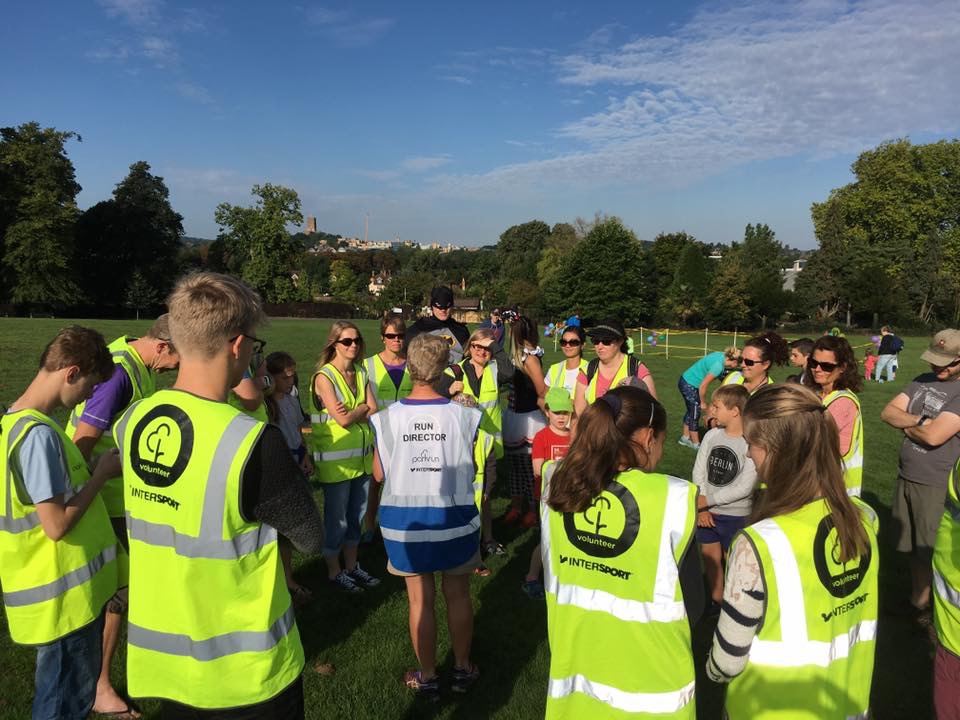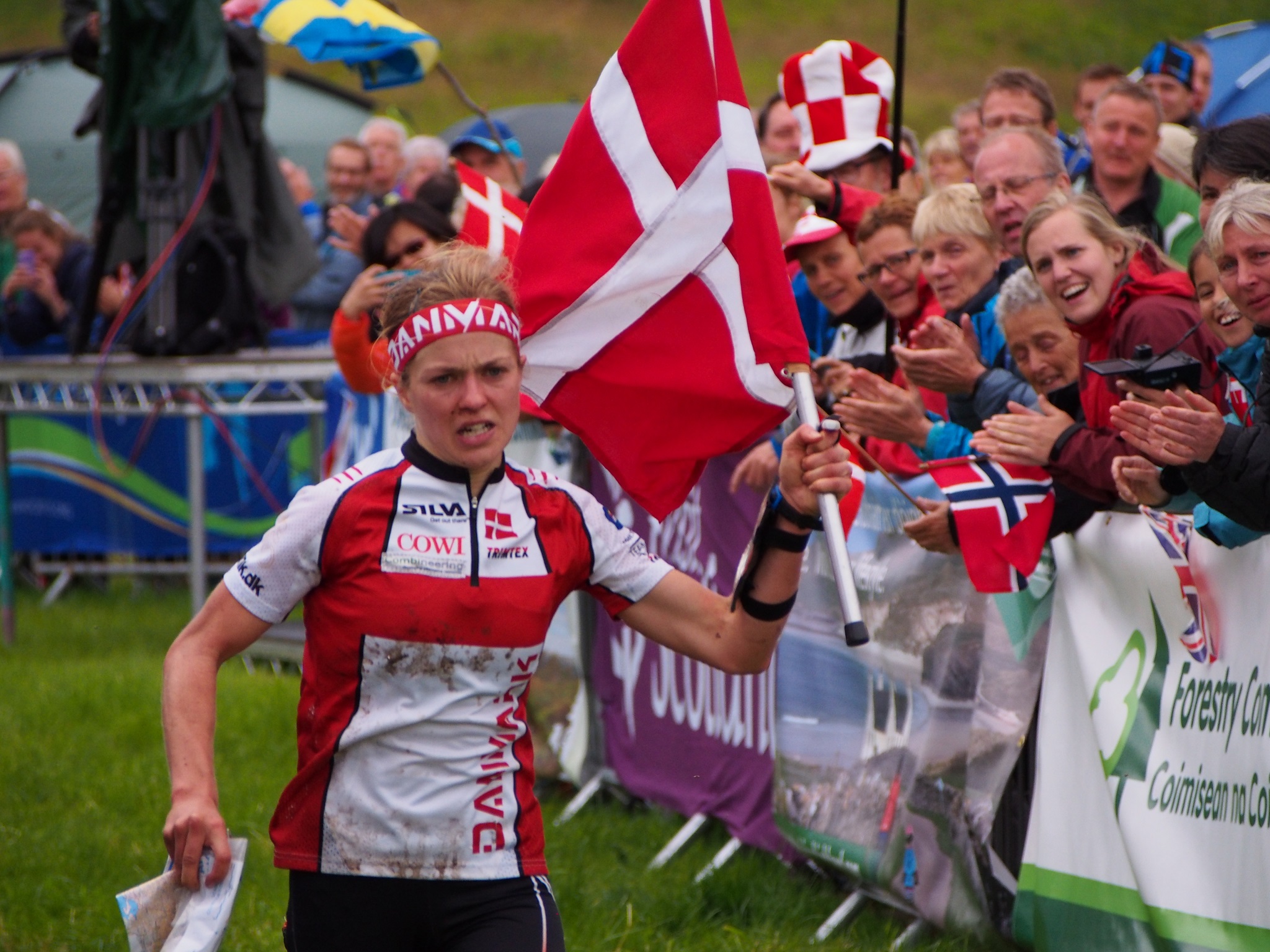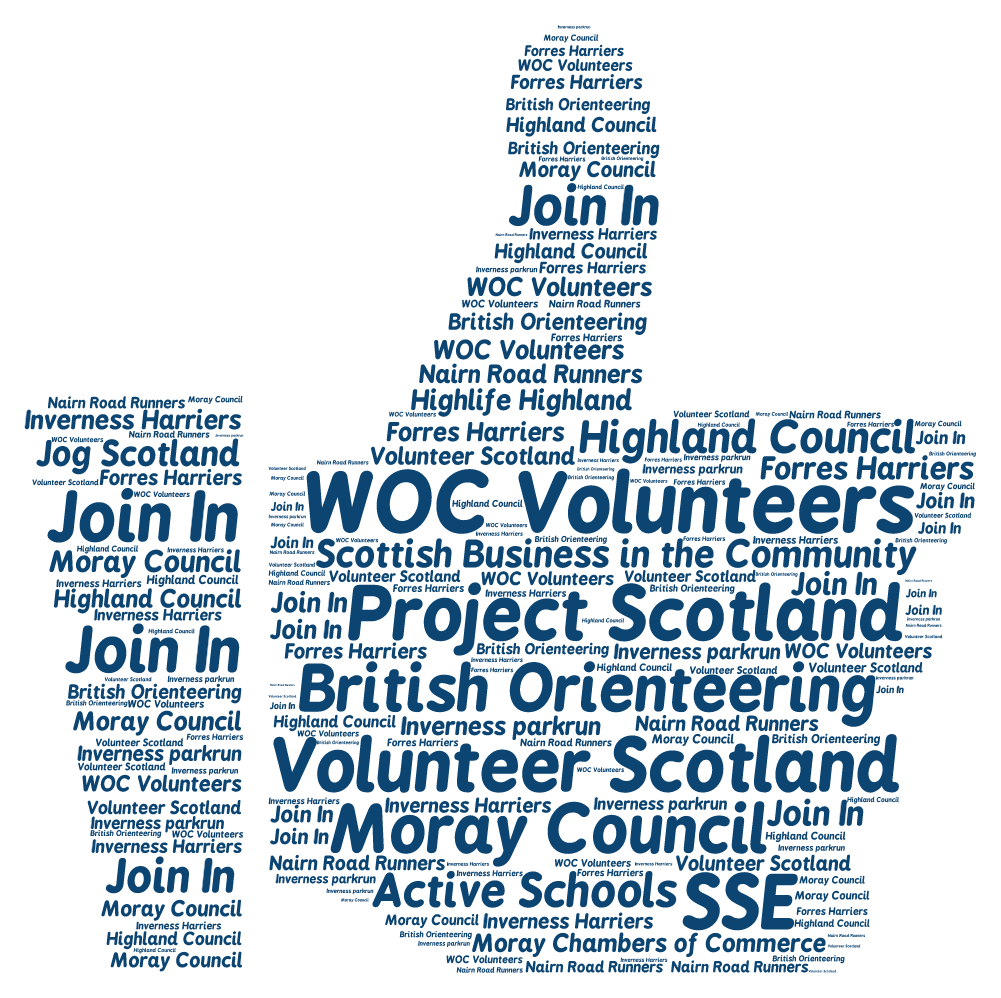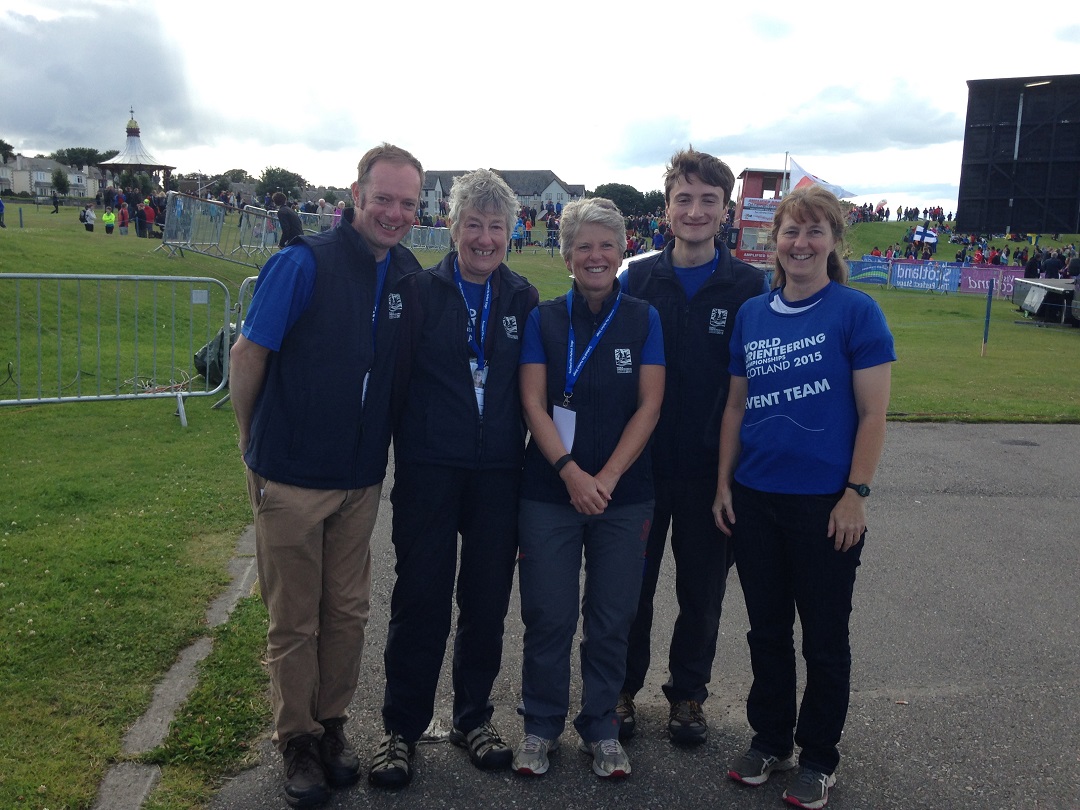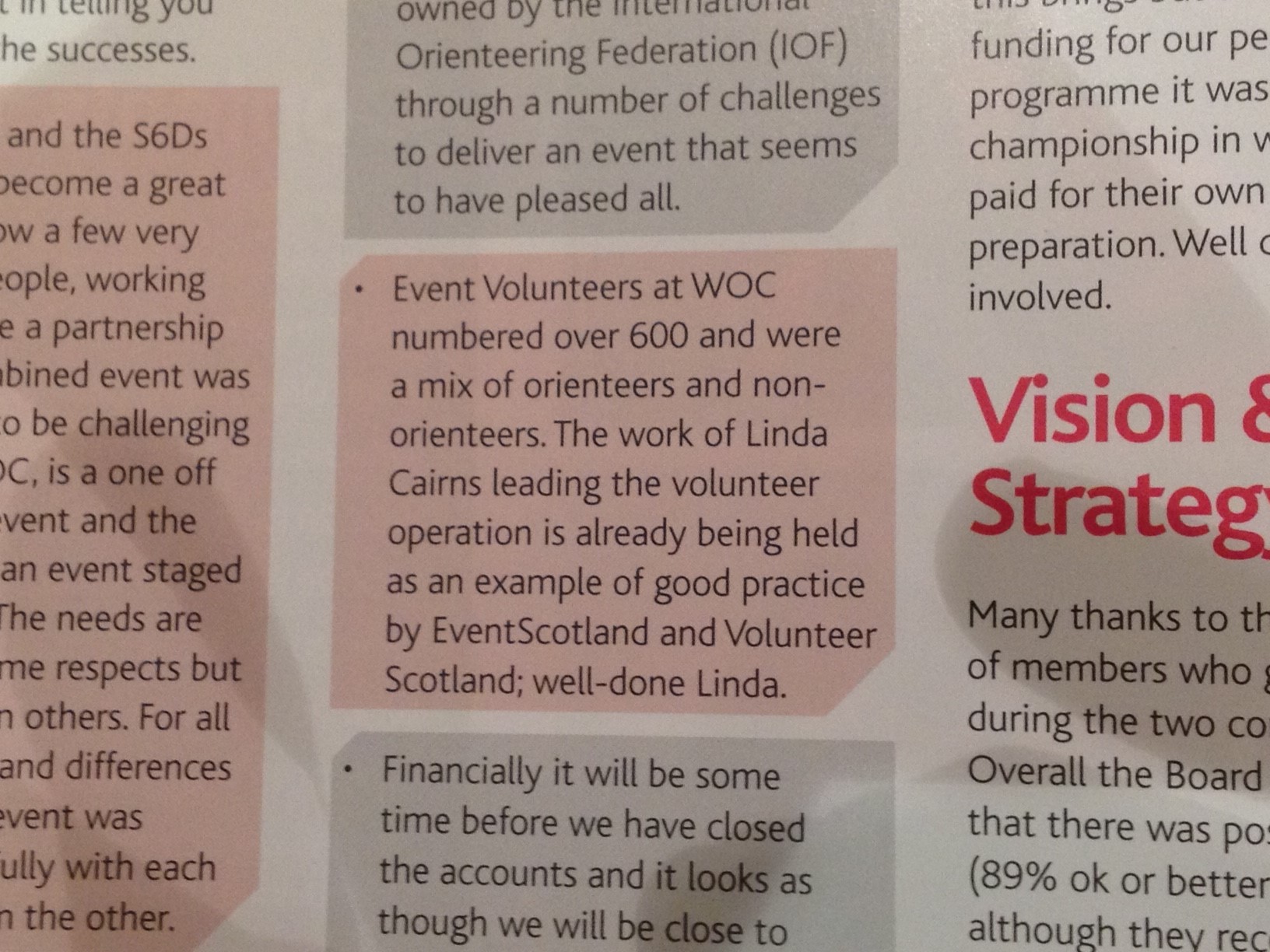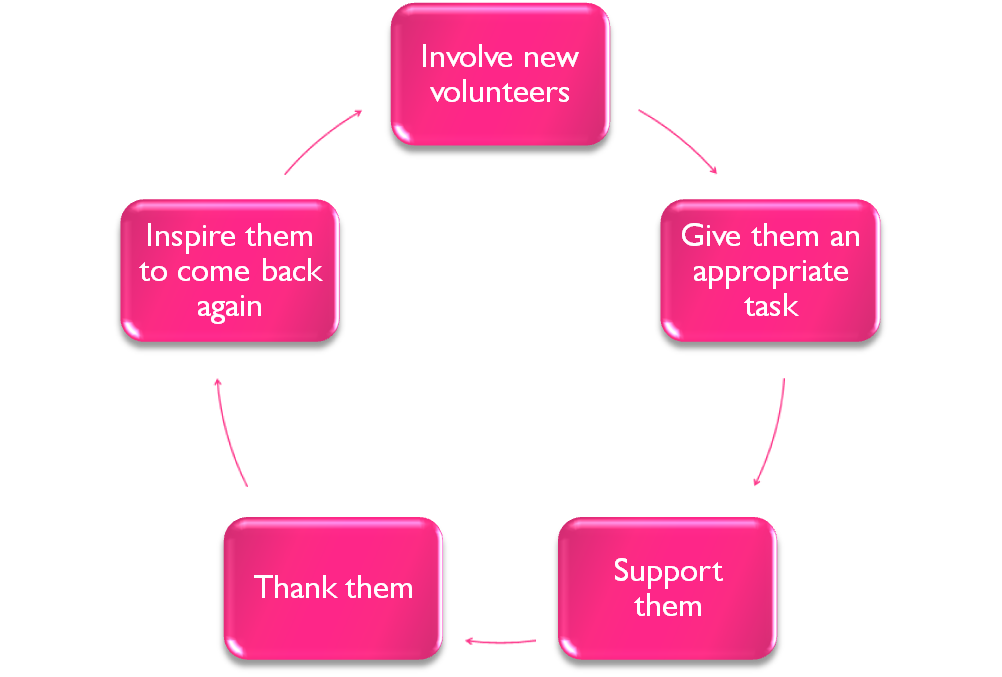At the end of 2015, the UK Government published Sporting Future: A new strategy for an active nation. This strategy marked the biggest shift in Government policy on sport in more than a decade, and it actually mentions sport volunteering. It recognises that volunteering enriches the life of the volunteer and not just the participants whose sport activity is facilitated – “the double benefit of sport volunteering”. The Government wants to encourage sport and physical activity volunteering for its own sake and the strategy includes a case study on volunteering at parkrun, recognising that …..
parkrun has established a new model for community sport volunteering which puts the volunteer centre stage.
This case study makes me punch the air because it fits with what I have been getting excited about for years, see It’s an honour to volunteer for parkrun and parkrun volunteers get cold fingers and toes and a warm feeling inside.
The strategy also recognises the importance of recruiting, retaining and rewarding volunteers who are representative of the entire population. It mentions a better online system for brokering sport volunteering opportunities (Consortium takes over Join In) and I am optimistic that it also means more recognition of the skills needed for volunteer management.
In response to Sporting Future, Sport England published its Volunteering Strategy in December 2016: Volunteering in an active nation. I had an opportunity to contribute ideas to this strategy and this is what I said:
My ideas on what works well for managing volunteers:
- Focus on positives and benefits that volunteers gain by their actions; avoid talking about volunteering in terms of “giving up”, “making sacrifices” etc
- Look after them as real people and manage them professionally
- Simplify and standardise the processes for people to offer to volunteer – parkrun is great example
- Value volunteer management and help people do it well
- Celebrate the achievements of volunteers
- Break traditional volunteer roles into chunks; encourage job-sharing
My ideas on volunteering by under-represented groups and young people
- Nationally lots of youth organisations are focussing on mental health and there is big opportunity to improve wellbeing and raise aspirations through volunteering and/or youth social action
- Effective work with under-represented groups needs partners on the ground who have prior relationships with the target volunteers
- Activities need to be done with young people not done to young people
- Best to offer a mix of activities, and to locate the volunteering in the communities as lack of transport is a barrier
- To focus on physical activities rather than sport coaching we need people who empathise with beginners rather than coaches who want to develop elite players – need more organisers and activators
- Empower and incentivise younger officials/club organisers. Help clubs welcome young energy and ideas that are often obstructed by an ageing, dogmatic workforce (easy to say, hard to do)
Where are we now?
- Sport England has two funds supporting volunteering: The Opportunity Fund (targets people, aged 20+, from economically disadvantaged communities) and The Potentials Fund (targets children and young people aged 10 to 20, with a particular focus on 10-14 year-olds, who are interested in doing something to benefit their community, through social action.) Expressions of interest in the first round of these funds are now closed. See Volunteer Funding Investment Guide for more information. Sport England is making up to £26 million over 4 years available to support implementation of their Volunteering in an active nation strategy.
- You can find a volunteering opportunity or post your volunteering opportunities on Join In
- Sport England gives some very useful advice for volunteer managers here: Volunteering explained
- The first Annual Report on Sporting Future was published in February this year.
The first Annual Report on Sporting Future
This 40-page report has a succinct and positive message for the future of sport volunteering. Copied below.
“Volunteering
4.32 Sporting Future takes a new approach to volunteering, recognising the positive impact it has on volunteers themselves as well as the benefits to sports and the importance of recruiting, retaining and rewarding volunteers who are representative of the entire population.
A new volunteering strategy
4.33. Sport England published its new volunteering strategy on 1 December 2016. The strategy’s objectives are to:
- ensure better quality, meaningful volunteering experiences
- increase the diversity of those who volunteer in sport and activity
- increase the number of volunteers in sport and activity
Sport England is making up to £26 million over 4 years available to support implementation of this strategy.
Information about volunteering opportunities
4.34 In its volunteering strategy Sport England recognises and promotes the crucial role that digital communications can play as an enabler to increase the number and diversity of sport volunteers. As this strategy is implemented in 2017 and beyond Sport England will consider how it can best support the use of digital technology in sport volunteering.
Employee volunteering
4.35 Sport England will work with other agencies to increase the number of sport and physical activity volunteering opportunities that can be taken up by employees.
Rewards for volunteers
4.36 A joint Sport England/UK Sport review shows that national governing bodies generally engage regular volunteers from the grassroots as volunteers at major events they are hosting. UK Sport will encourage this practice to continue through its application and award process for major events funding. Support for national governing bodies on this is covered in Sport England’s volunteering strategy and both UK Sport and Sport England will be sharing best practice.”
The future
I am waiting with interest to see the outcome of the first Sport England Funding round and to see what types of projects were funded and which partners Sport England chose to work with. This will help us all understand funding priorities for subsequent rounds.
I am also eagerly awaiting developments with the new Join In Consortium under the Sport and Recreation Alliance and I really hope that we get good volunteer brokering functionality that really does “make sport and recreation volunteering more representative and accessible”. The parkrun volunteer system works, and has worked well for years. It is simple and enables participants to put their hand up for a specific job on a specific day and for local teams to manage their own volunteer roster. If you are not familiar with parkrun, you can see how it works here: volunteer at Guildford junior parkrun.

